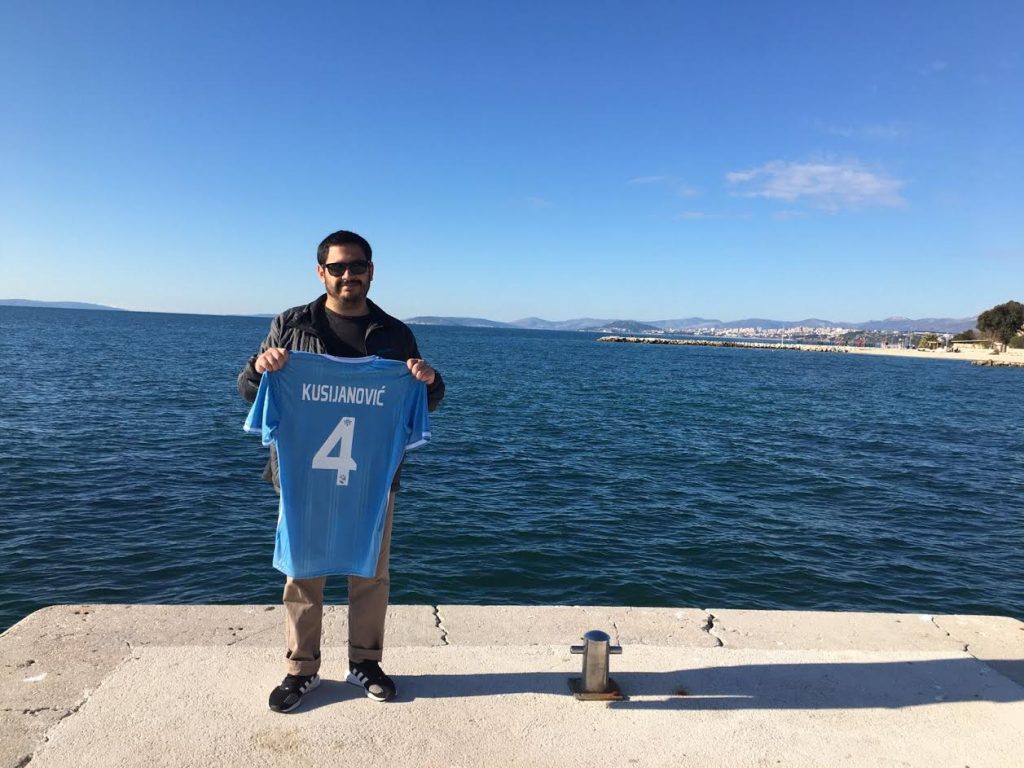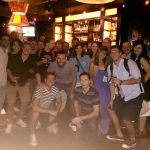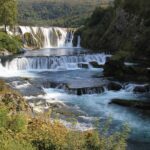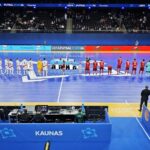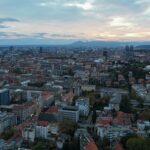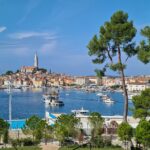The Total Project started on the island of Hvar almost ten years ago, when I started a mission to provide information about Hvar to match its quality as a destination. In order to be ‘Total’, I did an article on every village, including one which was largely uninhabited and totally unpronounceable. I hadn’t expected many people to read Introducing the ‘Z’ Village, Zastražišće, and I was stunned the next morning when the article had 150 Facebook likes, a huge number for me at the time.
I spent much of the morning trying to find the source of my newfound popularity, and eventually, I came across a Croatian diaspora group in Chile, who were commenting wildly and with emotion about my article.
“Look, it is the church in our village. The village of my great-grandfather before he emigrated to Chile.”
“Wow, this is so special. I have never seen photos of the village before.”
It made me realize that the reach of Total Hvar, and subsequently TCN probably goes a lot further than I realize, and it is a service we are very happy to provide. Over the years, apart from the torrent of abuse I receive from my fans in Australia, I have had constant contact with Croatian emigres in Chile, Argentina, Peru, Canada, USA, UK, Ireland, South Africa, Brazil, and several other countries. That communication has helped me understand one more layer of the complexity of Croatia.
And then, once every couple of years, I get a communication like this, which led to me learning about one of the most heartwarming Croatian diaspora returnee stories I have heard in a while, and to TCN welcoming Jose Alfonso to the TCN team.
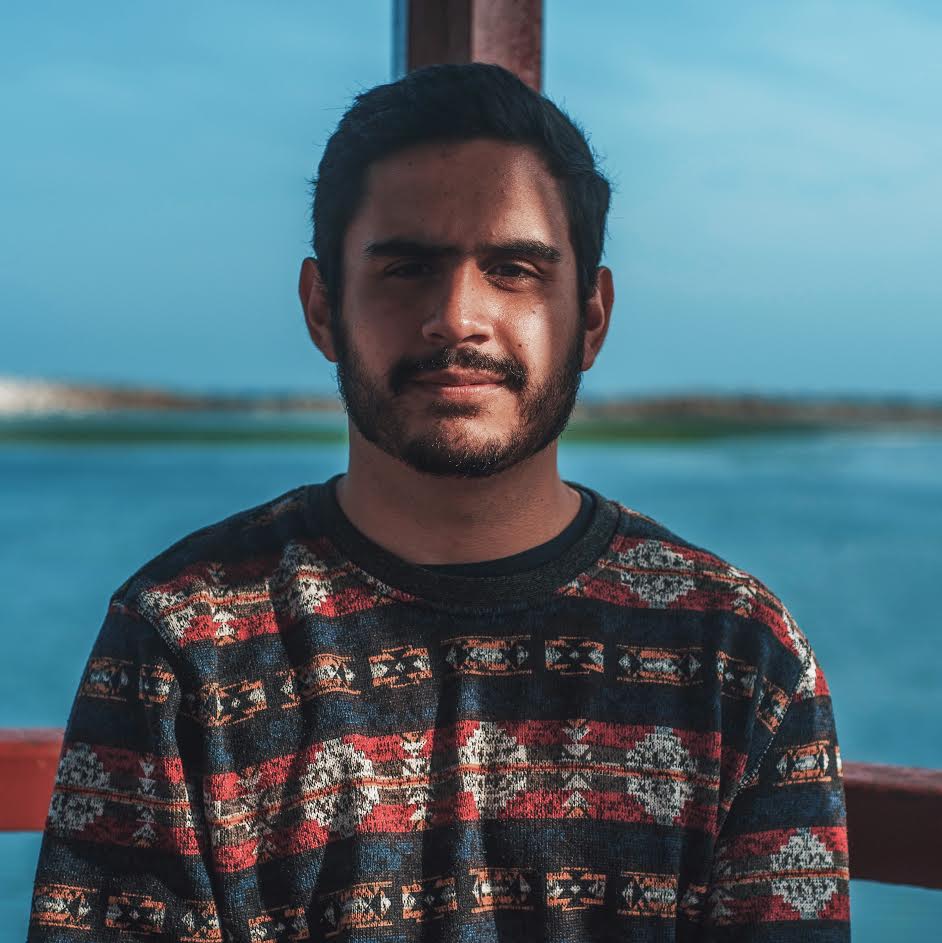
The initial email
Dobro jutro, my name is Jose Alfonso Cussianovich, and I’m a Peruvian-Croatian currently living in Zagreb and studying the B1 level of Croatian Language. I was wondering if the intern positions at Total Croatia News were still open. If so, I am highly interested.
Lijepi pozdrav,
Jose Alfonso
We asked him to send a writing sample about how he came to Croatia. And Jose Alfonso sent us THIS.
About my family
I’m 25 years old, and I was born in Lima, Peru. It was probably at the end of the 19th century that my ancestor, Pero Kusijanović, traveled all the way from Mokošica, Dubrovnik, to settle in Peru. He had two children there: Pedro and Mateo, and my bloodline comes from the latter. My family has always been aware of their Croatian roots, but little they knew about Croatia. I guess it was harder back then, for both Peruvians and Croatians, to know more about each other. Throughout the second half of the 20th century, Croatia was part of Yugoslavia, and Peru went through several political changes such as far-right dictatorships, socialist authoritarianism, hyperinflation, domestic terrorism, etc. It could be said that both countries were facing their most difficult times in parallel at the end of the 1980s and early years of the 1990s.
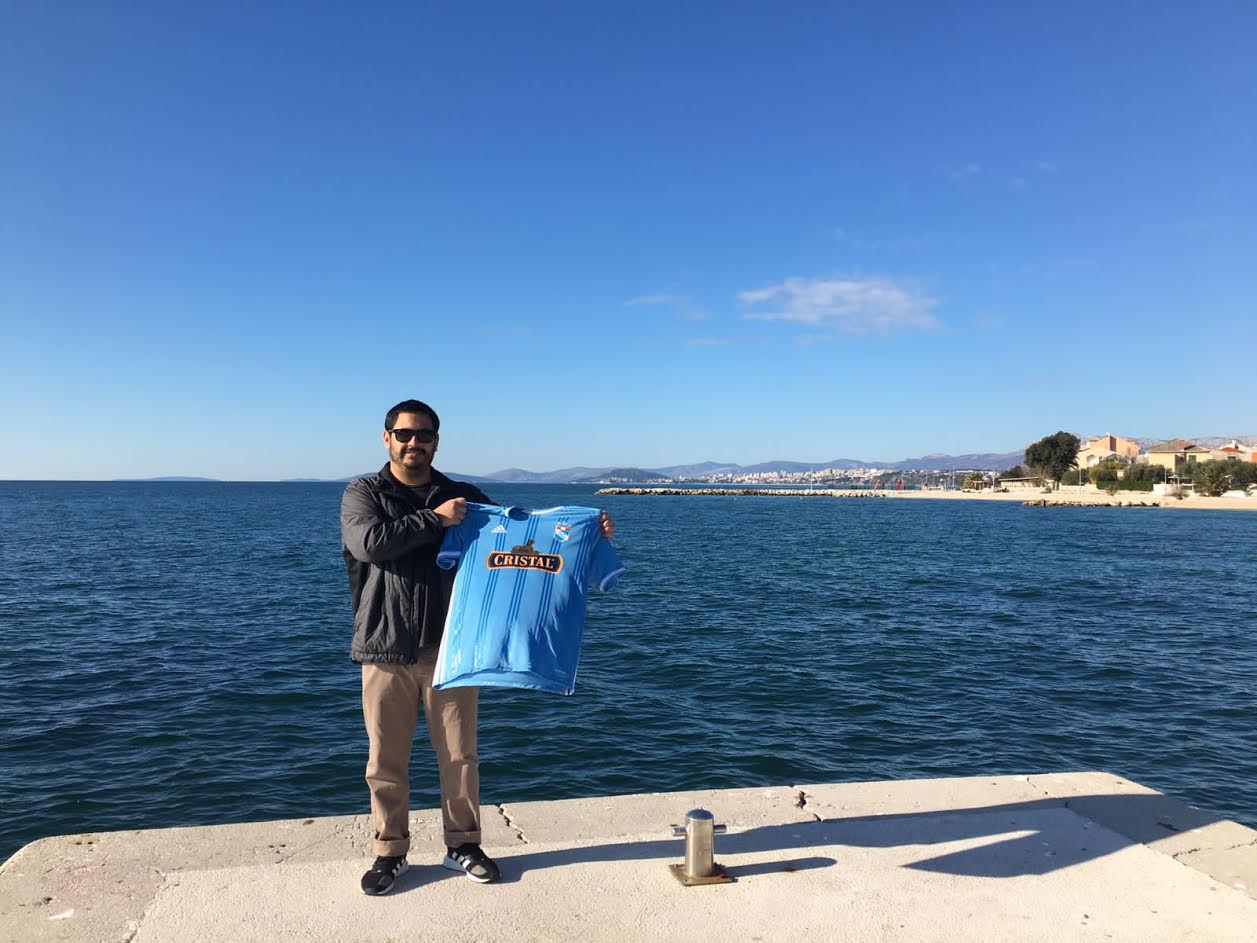
However, during the World Cup in 1998, it was the first time that people in Peru, including Croats there, paid more attention to this small country. Things were relatively better for both countries, and my father told me how he and my grandfather were pleasantly surprised by this unknown country that turned out to hold the roots to our origins. Two years later, my grandfather passed away, but his son had promised to learn more about our Croatian ancestors. And so he did, tracing down Pero’s birthplace and birth certificates.
That’s how he, my two siblings and I, got Croatian citizenship. At that time, around 2002, when we were still very young and attending primary school, living in Croatia, or even visiting it wasn’t an idea in my parent’s head. Another reason to consider back then was the fact that there wasn’t a Croatian embassy in Peru, but only a consulate that worked also as a diaspora center for Croats in Peru. That’s why we couldn’t get a Croatian passport. The only one in our family that had it, was my father. The only way to apply for it was by setting an appointment in the embassy in Chile. Among the many reasons why we didn’t consider it at the time was because of the travel distance to Santiago, the travel expenses, our school responsibilities, the appointments were given for one year after the request and, of course, we never thought we were going to really need it in the future.
The scholarship
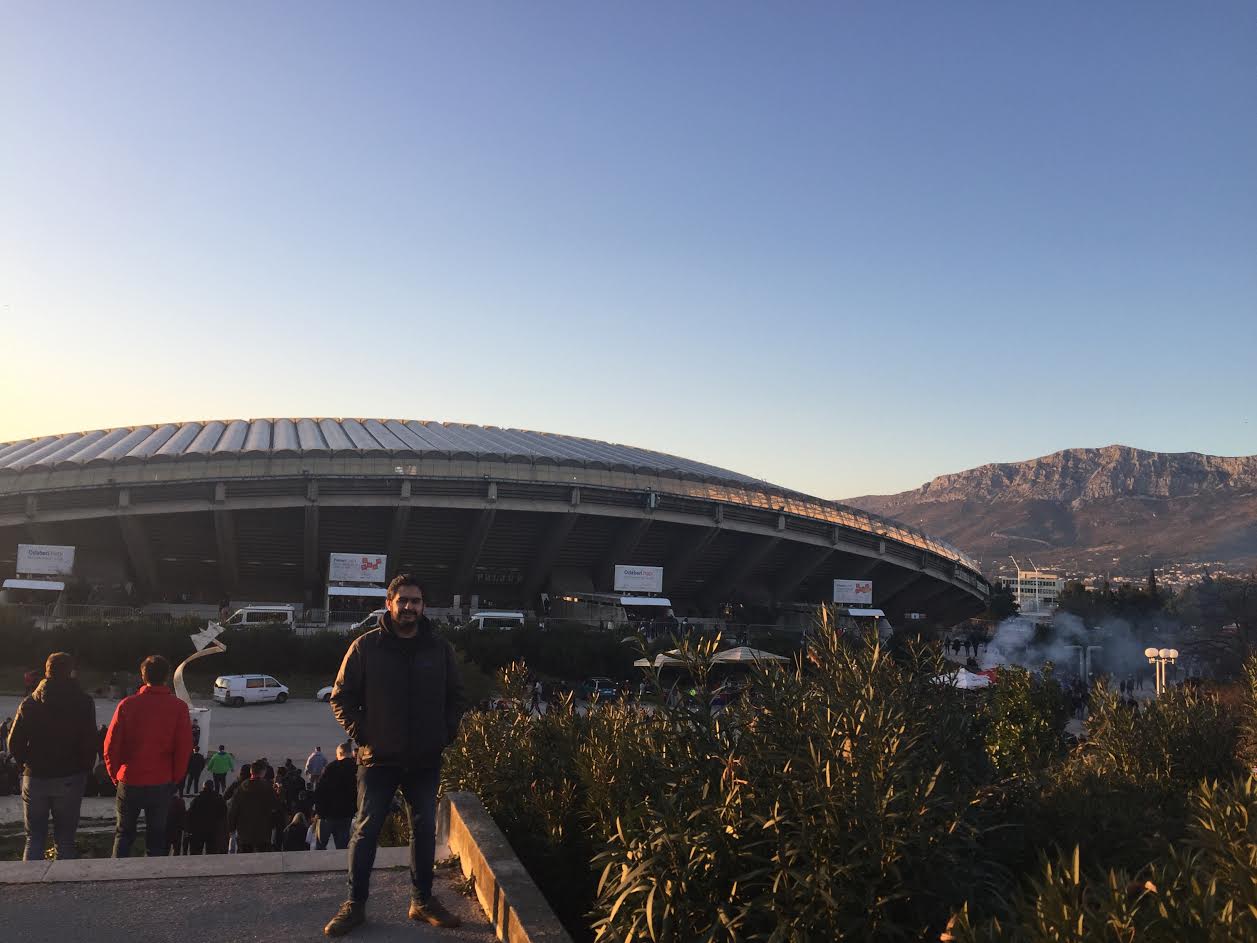
Nevertheless, we’ve always been very close to the Croatian community in Lima. We were always part of the events that commemorated and celebrated Croatian history and culture. Even my parents got married in the Croatian church in our city. In January 2018, we received an email from the Croatian embassy in Chile, notifying everyone from the community that they were sending a representative to help those with Croatian passports for their renewal, and to help those who wanted to apply for a new one.
Me and my siblings got down to work almost immediately by getting all the papers and documents we needed to apply officially, and one of those documents was a letter of recommendation written by a representative of the Croatian community in Peru. In this case, it was the parish priest of the Croatian church in Lima and a close friend to our family, father Drago Balvanović, who helped us. During the meeting we held with him, he told us about this scholarship, promoted by the Central State Office for Croats Outside the Republic of Croatia, aimed at young people of Croatian descent who were looking to study the language in Croatia, in order to reconnect with their origins. The reason it sounded like such an attractive idea to us was that we weren’t having a pleasant time in our country. Our financial situation wasn’t the best, the situation regarding higher education and job opportunities in Peru was decreasing, and finally, the growing insecurity in the streets threatened young people every day.
The first to join the initiative and apply was my sister, who at that time had just finished college. She applied for the scholarship to study the Croatian language and culture in Zagreb, and in August 2018 she moved there. My parents visited her a few months later and saw with great joy her daughter, a 25-year-old girl, totally rejuvenated and excited about the future. The weeks my parents traveled through Dubrovnik, Split and Zagreb helped them think of a big move in the short term.
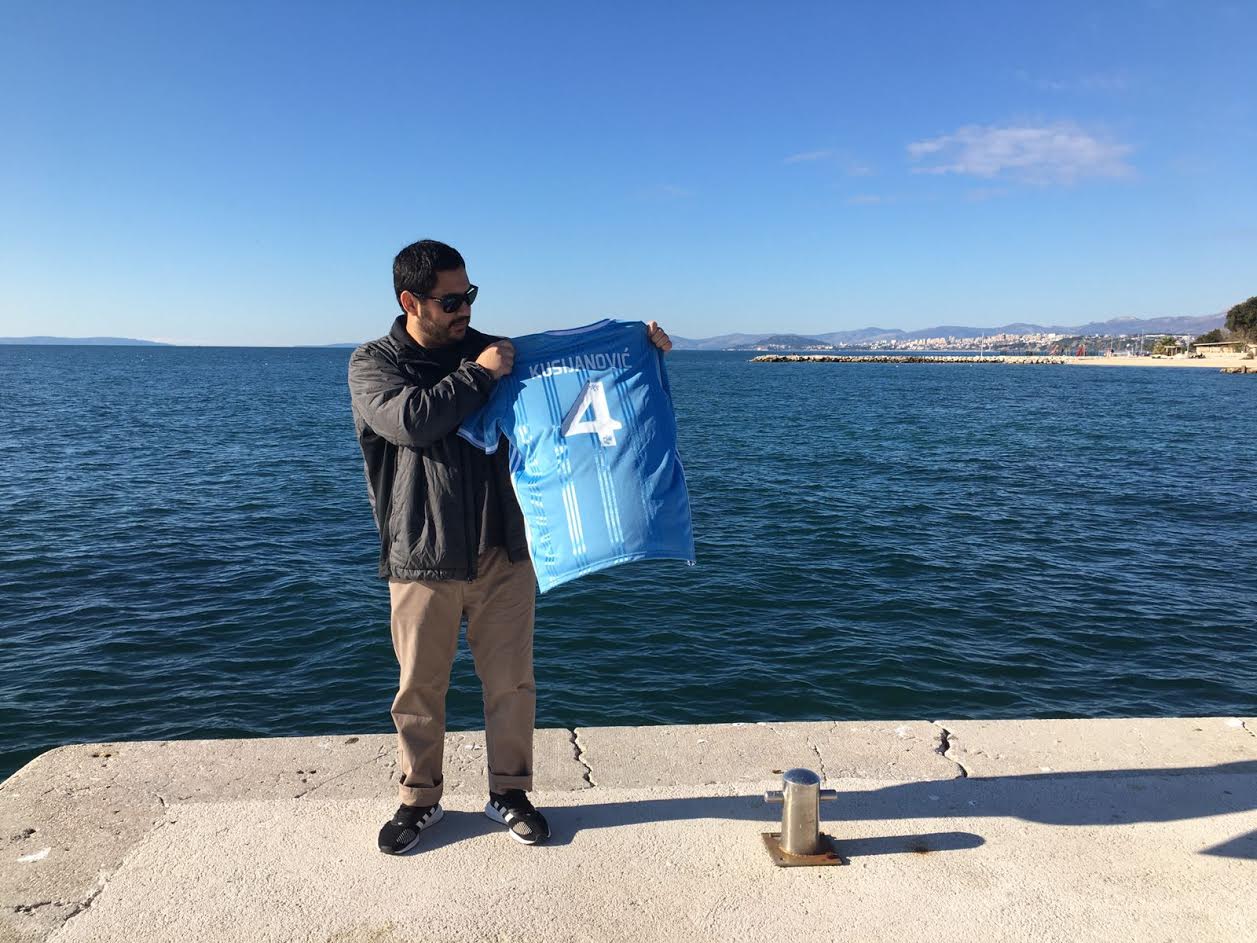
In May 2019 it was my turn to apply since just two months later I was supposed to finish college. My brother, who was still not sure about the career path he wanted to pursue, also applied. Initially, and taking into account my sister’s experience, we applied to Zagreb. I thought that studying in the capital would help me to adapt better and faster, and I also understood that the classes were more demanding there.
However, we were told that there were no more places in Zagreb and asked if we would be interested in Rijeka instead. Honestly, I never felt a bit of disappointment when I received this news, and I confirmed my presence in Rijeka without hesitation. In the end, I could say it was one of the best decisions I made.
Moving to Croatia
In October of that year, I traveled to Rijeka and started my classes almost immediately. It was my first time in Europe, and although the first weeks were difficult being away from my family and friends, I must admit that it was thanks to my roommate and the city itself that helped me to adapt more easily thanks to their warm reception. To this day, I haven’t returned to my country. My intention, since I first found out about the scholarships offered by the Central State Office for Croats Outside the Republic of Croatia, was to start a new life here. Regardless of what I would leave behind.
Since then, I have had numerous experiences in Croatia and of all kinds. Clearly, the most anecdotal remains the same: the pandemic. Exactly a year ago, my parents completed the family move to Croatia. They managed to leave the country before the immigration situation worsened. In November of the previous year, my father invested in a couple of apartments in the Diocletian Palace for rental business. While they were searching for a place to live in Split, they decided to stay in one of those apartments. Little did we know…
I was waiting for my second semester of the scholarship to start, and just traveled to some places near Rijeka, as well as attending the opening of Rijeka 2020 and its famous carnival. Classes in the first week of March were postponed for a few days due to the uncertainty of the virus, and it was then that I decided to take advantage of that time to surprise my parents in Split and help them settle down. I would never have imagined that inter-regional travel would be banned shortly after that and I would spend the next three months with them and studying virtually. It was a great opportunity to get to know Split, but definitely not in the best way.
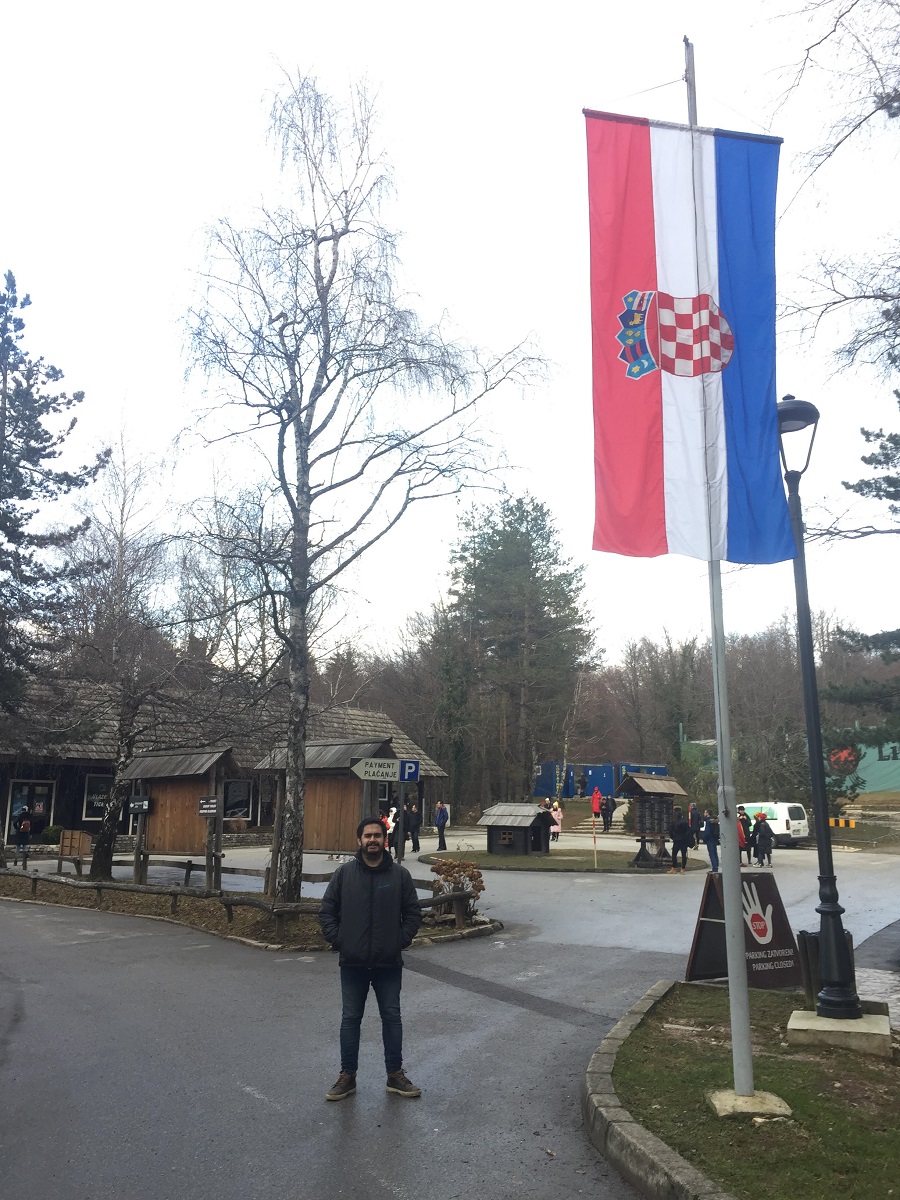
(Plitvice Lakes)
I returned to Rijeka in mid-June to take my exams, and after enjoying a few weeks with my roommate, his girlfriend, and other friends during the first weeks of summer, I decided to go back to Split with my parents. I knew they still needed help, and I considered that what I had learned about the language might be of some use. They were very tense months due to the virus situation, the fact that our investment plan was not taking off due to the restrictions imposed on tourists, and personally due to the fact that I could not get a job to help my parents and become independent. During August and September, I helped them manage the booking site of our apartments and hosted the few guests that arrived.
We moved to the town of Podstrana in July of last year, and that is where I have lived until a couple of weeks ago. In January of this year, I decided to apply for the scholarship again, but this time trying to get a place in Zagreb. My idea, as of today, is to be able to meet people who will help me continue to grow in this country, learn more about the language until I can speak it fluently and fully understand it, and hopefully find a job.
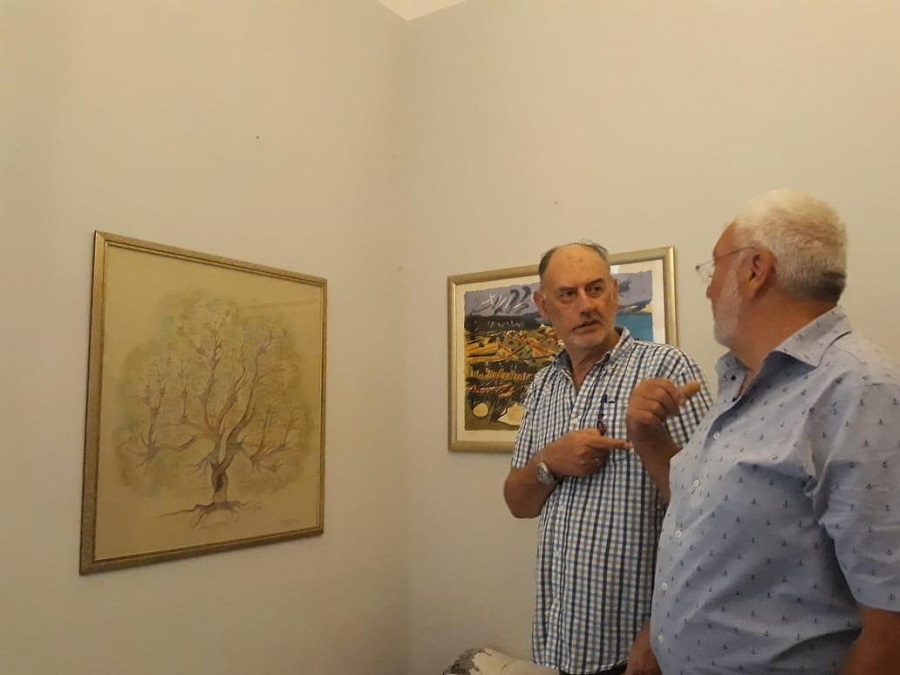
(Dad with distant relative Dužko)
About Total Croatia News
Going back to the time when I was still in Lima, I knew that the decision I had made was a very complex one. I felt that I needed to stay informed and aware of what was happening day to day in the country I was moving to. And not only through breaking news and daily events, but also reports and columns that could analyze in greater depth the current situation within Croatian society. I still did not know how to read or understand the language well, so I was lucky enough to find some media that presented their content in English.
But if it was one that I felt really hooked on, it was definitely Total Croatia News. I’m not a big fan of bad news, since it’s basically the only thing you read when you live in Peru in these recent years; but I felt that life in Croatia goes beyond the rankings made by tourist magazines and photo galleries of the islands in the summer. And well, that’s basically what I found in the rest of the media. We probably agree on this, but I think there should be a balance between the information that one shares with the population.
It’s clear how important it is to motivate ex-pats to reconnect with their homeland, but it’s just as important to be transparent and critical when news demands it. That is why I like to read Total Croatia News, and also because of the way in which they confront with great conviction those people who seek to discredit their content for the simple fact of denying information just because they do not agree or do not like it. Just as I saw the opportunity to start a new life in Croatia, when I saw the internship opportunities at Total Croatia News, I felt I had to step forward.
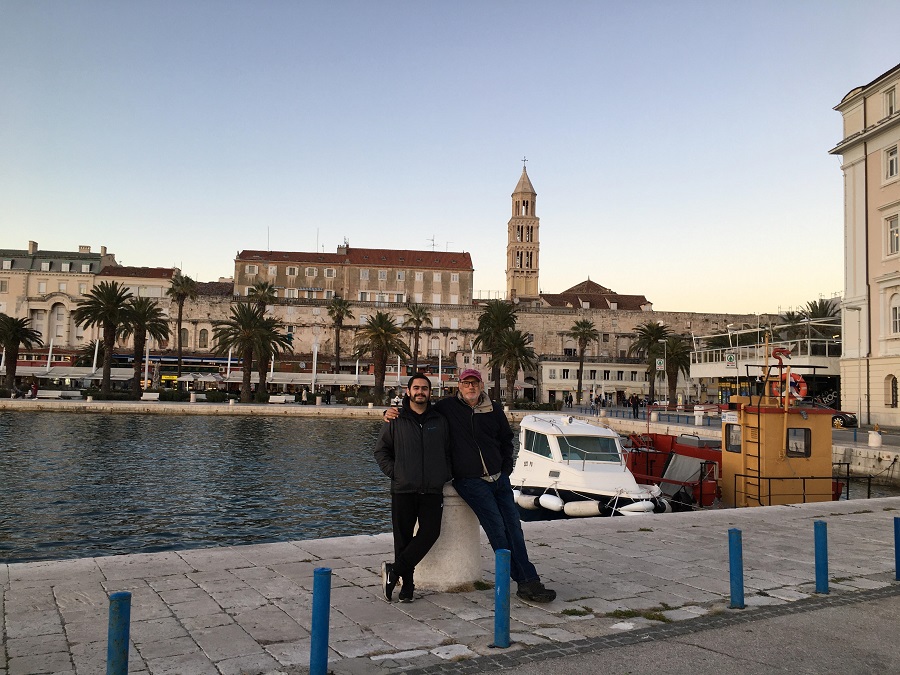
(With Dad in front of Diocletian’s Palace in Split)
About myself
Before I entered college in 2013, my father told me that no matter the career I was pursuing, there’s always a way for us for improving someone else’s quality of life. To this day, I still keep that in mind. By that time, I felt the most effective job I could get to help people from a country that holds so many problems, was being a lawyer. However, halfway through my first year, I realized that even if someone’s good for something, you need to be passionate about it. And I didn’t feel passionate about being a lawyer. Shortly after, I knew that what really made me feel passionate and excited was to express myself, and I thought that it was through visual arts I could achieve this goal. I transferred to study Audiovisual Communications, in order to become a filmmaker. The best thing out of it is that I took subjects related to marketing, advertisement, graphic design, journalism, photography and, of course, filmmaking. So far, I haven’t given up on directing films; but I’ve found great interest in documentary filmmaking, journalism, and photojournalism. It might not be as challenging as being a lawyer, but I believe that it is possible to change the way someone thinks or feels for good. I think it is truly possible to have a great impact on a great number of people to change the world.
****
Welcome to TCN, Jose Alfonso. We look forward to working with you to strengthen and develop ties with the Latin American diaspora communities, so that others may follow you in your journey to the Homeland.
For more news from the Croatia diaspora, follow the dedicated TCN section.

